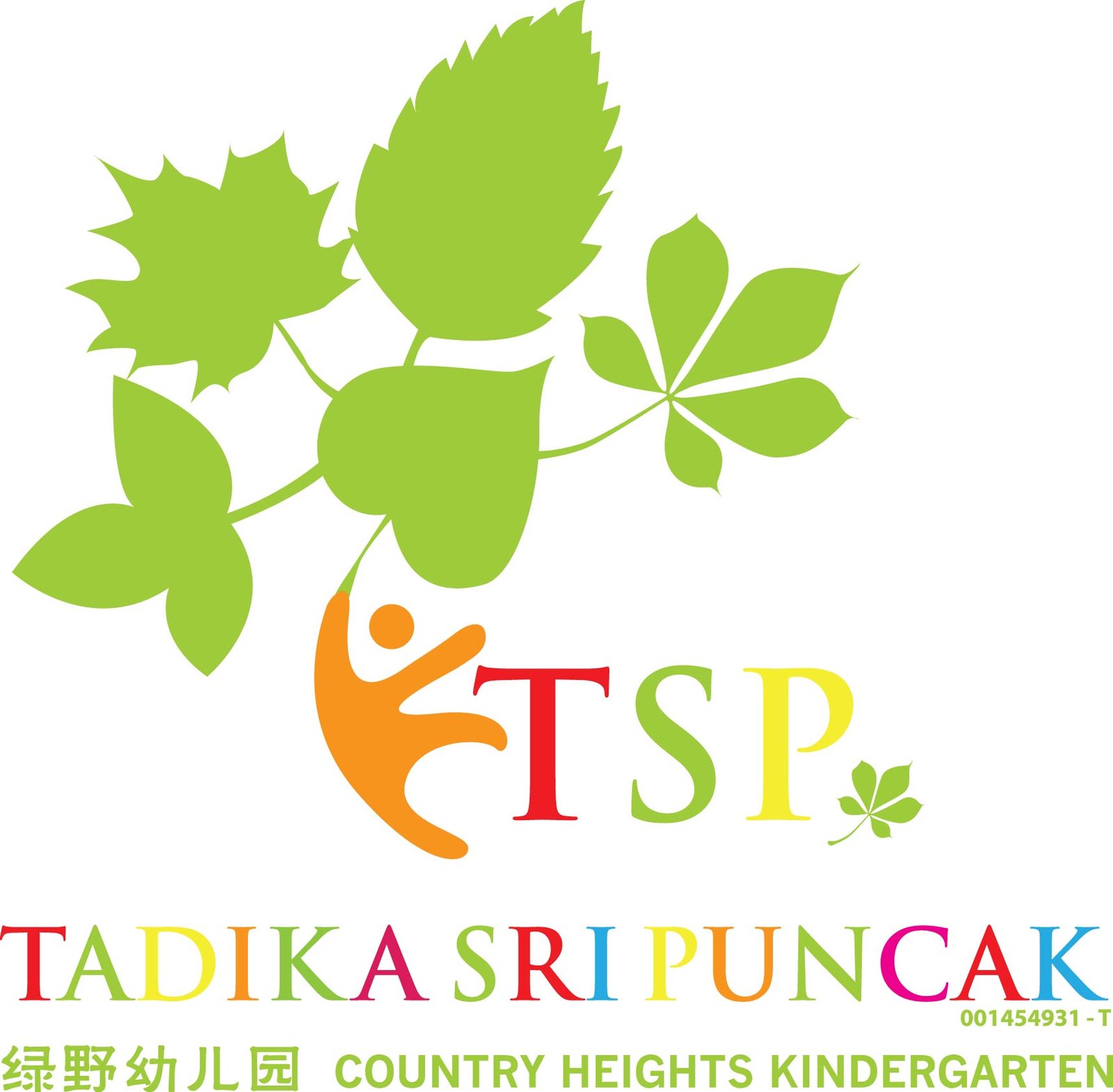Here are 10 famous Montessori quotes to help you adopt a holistic approach to parenting:
1. “Help me to help myself.”
Children can do many things by themselves when provided with the right tools and the right environment.
- Provide child-sized tools that they can easily manipulate.
- Organise your home in a way that enables them to participate in everyday activities. For instance, using low shelves that enables kids to put away objects by themselves.
- Provide clothing that enables them to dress up by themselves rather than to have to ask for help. Choose clothes that allow your child freedom of movement.
Maria Montessori said, “Never help a child with a task at which he feels he can succeed.”

2. “The simplicity or imperfection of external objects often serves to develop the activity and the dexterity of the pupils.”
Children do not need expensive toys. It is important to let them explore objects in their natural environment.
- Choose simple toys for your child that they can manipulate.
- When choosing toys, focus on whether they are safe and teach your child something.
3. “To give a child liberty is not to abandon him to himself.”
According to Montessori, children need “freedom within a structure.” “To let the child do as he likes when he has not yet developed any powers of control is to betray the idea of freedom.”
- Provide or propose stimulating activities, then let your child be free to choose.
- Use natural consequences to make your child develop inner discipline. With freedom comes consequences.
4. “To assist a child, we must provide him with an environment which will enable him to develop freely.”
Children thrive on routine and order from a very early age. They therefore need an environment that enables them to maintain order.
- Teach your child to be responsible for picking up after herself (put toys, books, etc. away in the right place when she’s done playing, put away her clothes, put dirty clothes in the laundry basket…). This can only work if your child has easy access.
- Be consistent. Sticking to schedules is beneficial for children.
- Limit the number of toys. A recent study found that too many toys stifle children’s creativity.

5. “As soon as children find something that interests them, they lose their instability and learn to concentrate.”
A child learns best when he/she is interested in what he/she is learning.
- Encourage decision-making. Let your child choose what he/she would like to do.
- Your child learns better when he/she feels he/she has a choice.
- Carefully observe your child and identify his/her interests in order to propose activities that support these interests.
6. “Imitation is the first instinct of the awakening mind.”
Children learn best through observation and imitation.
- Propose hands-on experiences to your child. For instance, he/she can start his/her own garden.
- Let your child help.
- Give your child opportunities to play with real-life objects, such as grains, rice, beans, etc.)
7. “The child builds his/her inmost self out of the deeply held impressions he/she receives.”
Treating children with courtesy provides them with a model for their behavior.
- Be respectful.
- Make eye contact. Get down to your children’s level and talk to them.
- Teach your child appropriate ways to express difficult emotions.
- Model the behaviour you would like your child to adopt.
8. “What is generally known as discipline in traditional schools is not activity, but immobility and silence. It is not discipline, but something that fosters inside a child, arousing his rebellious feelings.”
It is important to differentiate between discipline and punishment.
- Remember that kids will be kids. Don’t expect your child to act older than he/she is.
- Discipline with intention. Discipline is about teaching specific behaviour, not about punishment.
- Be willing to let some things slide.
9. “It is not enough for the teacher to love the child. She must first love and understand the universe. She must prepare herself, and truly work at it.”
Love is not enough. Sometimes we have to work on ourselves.
- Be willing to reflect on your parenting beliefs and your parenting values. What really matters? What values would you like your child to develop?
- Again, model the behaviour you would like to see in your child.
- Be democratic.

10. “There is no description, no image in any book that is capable of replacing the sight of real trees, and all of the life to be found around them in a real forest.”
Children learn much by exploring their environment.
- Provide opportunities to explore nature.
- Propose activities that teach your child to engage with nature, like collecting leaves, stones, observing insects, naming the different colours in her environment, etc.
